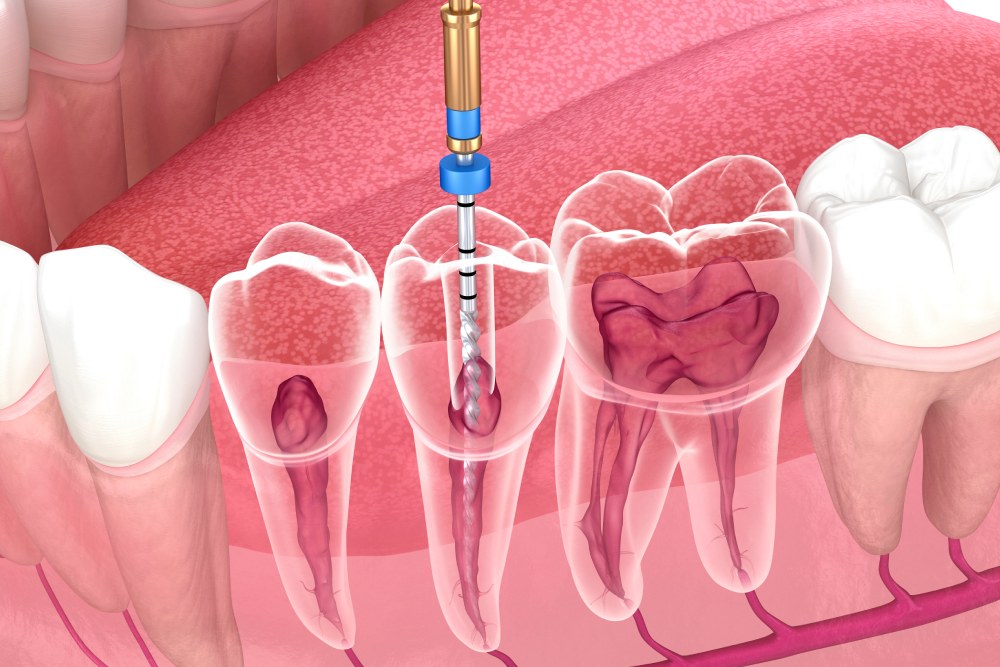
Tooth Extraction Or Root Canal? How To Choose The Right Treatment
Tooth extraction or root canal decisions can feel overwhelming, especially when you are already dealing...

Losing a tooth greatly impacts daily life, affecting confidence and overall oral health. Many individuals worry about the possibility of replacing missing teeth, especially concerning the optimal timing for such procedures. This leads them to wonder when exactly it is too late for them to get dental implants. Fortunately, advancements in dental technology now make it possible for a wider range of patients to consider this permanent solution. Patients often find that suitable options exist even years after tooth loss.
Dental implants offer a natural-looking option for replacing missing teeth, consisting of a small titanium post that a dentist surgically places into the jawbone. This post acts as an artificial tooth root, providing a strong foundation for a crown, bridge, or denture. The bone integrates with the implant over time, ensuring stability and preventing further bone loss in the jaw. This integration process makes implants a reliable and long-lasting choice for tooth restoration.
Optimal candidates for dental implant surgery possess good general and oral health, including sufficient jawbone density to support the implant securely. They also maintain healthy gums free from periodontal disease, which can compromise the success of the implant. Individuals committed to diligent oral hygiene practices and regular dental check-ups experience the best outcomes with dental implants. Healthy habits ensure the longevity and effectiveness of the implanted tooth.
Several important considerations determine someone's suitability for dental implants, making a thorough evaluation essential. Your general health, specific oral conditions, and lifestyle habits play significant roles in the success of the procedure. These elements influence both the healing process and the long-term stability of the implants. Consider these various aspects to understand your eligibility better:
The optimal time frame for placing dental implants after tooth loss varies, but generally, earlier intervention is recommended to prevent further complications. When a tooth is lost, the surrounding jawbone begins to resorb or shrink over time due to the lack of stimulation from the tooth root. Waiting too long can lead to significant bone loss, potentially making immediate implant placement more complex or impossible without additional procedures like bone grafting. Consult a dentist promptly to assess your situation.
Delaying dental implant placement after tooth loss presents several challenges that affect both your oral health and the complexity of future treatments. Understanding these risks helps you make timely decisions about restoring your smile. Various factors come into play when considering the long-term effects of missing teeth. These are some of the common issues that arise from prolonged waiting periods:
When insufficient jawbone density exists for dental implant placement, bone grafting offers a viable solution to regenerate the necessary bone structure. This procedure involves adding bone material to the jaw, which then integrates with your existing bone over several months. Various types of bone grafts exist, including autografts, allografts, xenografts, and alloplasts, each derived from different sources. Bone grafting significantly expands the eligibility for dental implants for many individuals.
If dental implants are not a viable option due to extensive bone loss or other health considerations, several alternative tooth replacement methods remain available. Dentures, both complete and partial, offer a removable solution for replacing multiple missing teeth, while dental bridges provide a fixed option by spanning the gap using adjacent teeth for support. Each alternative offers different benefits and considerations regarding aesthetics, function, and long-term maintenance, so discuss them with your dentist.
Embarking on the journey toward dental implants involves several important preliminary steps to ensure the best possible outcome for your treatment. These initial stages prepare you for the procedure and help address any underlying issues that might affect success. Here are the key steps you should undertake:
Begin your journey toward a complete smile with us at Dublin Unique Dentistry. Our team provides a personalized approach to dental care, and we use the latest technology to ensure a comfortable and effective experience for every patient. Our staff guides you through every step of the process, from the initial consultation to the final restoration, making sure you understand all your options for a healthy, beautiful smile. Schedule your consultation with our dedicated team today to explore the long-term benefits of dental implants.